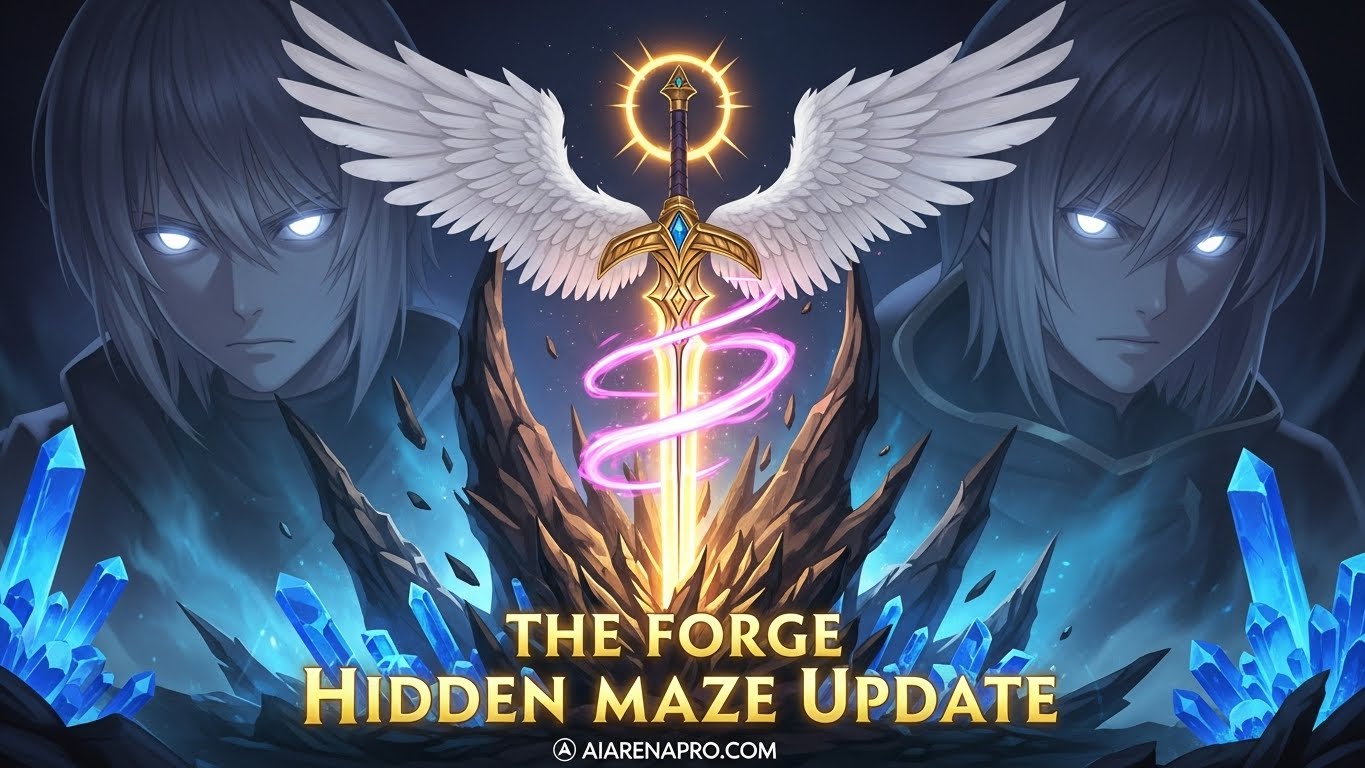
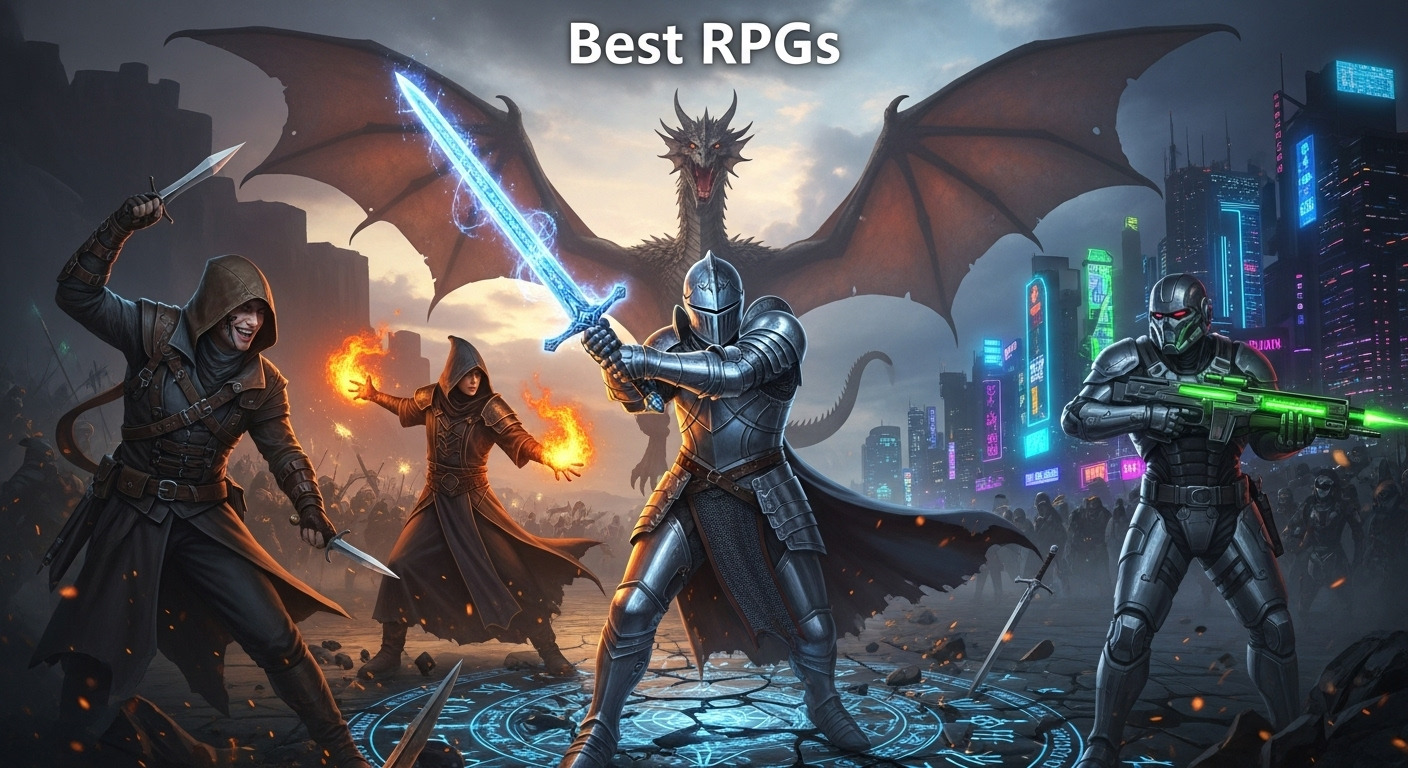
The most compelling RPGs featuring companion cruelty include Baldur’s Gate 3, Dragon Age: Origins, Mass Effect series, Knights of the Old Republic, Tyranny, Fallout series, The Witcher 3, and Divinity: Original Sin 2. These titles excel through sophisticated relationship systems that meticulously track your malicious actions and deliver genuine consequences, ranging from permanent party abandonment to outright combat confrontations.
What separates exceptional RPGs from merely good ones isn’t solely their capacity for heroism it’s their willingness to explore the depths of human cruelty toward those who place their faith in you. Through decades of gaming experience since the genre’s early days, I’ve discovered that certain RPGs don’t just permit villainous behavior toward companions; they actively reward it through unique content, exclusive storylines, and meaningful narrative consequences.
This comprehensive analysis examines RPGs that transform companion betrayal into an art form. Whether through psychological manipulation, systematic corruption, or outright treachery, these games create some of the most psychologically complex and morally challenging experiences in interactive entertainment. Unlike traditional cooperative RPG experiences that emphasize unity and friendship, these titles invite players to explore the manipulative potential of power dynamics and trust.
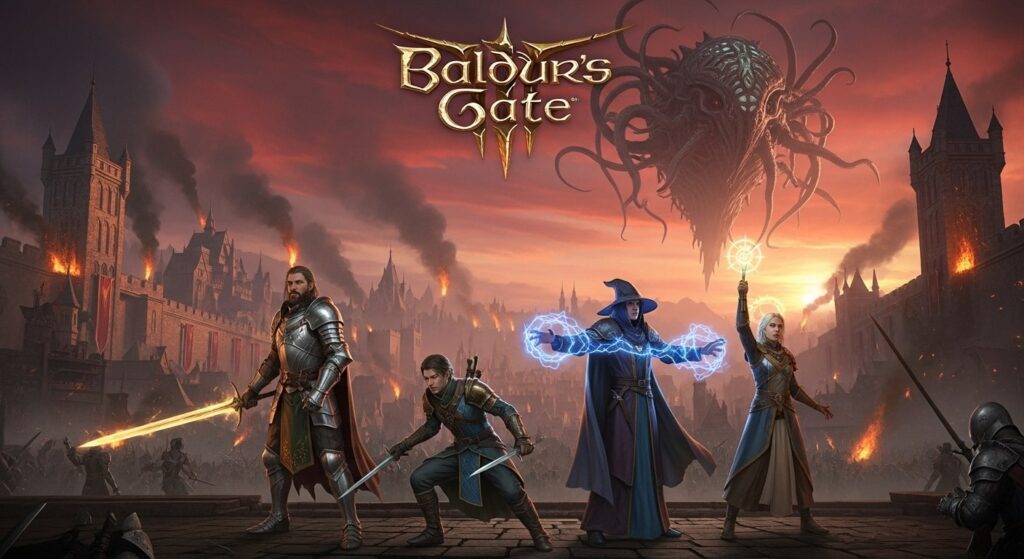
Larian Studios created something extraordinary with Baldur’s Gate 3 an RPG that doesn’t merely accommodate evil behavior but constructs entire narrative arcs around your capacity for cruelty. The game transcends simple dialogue meanness, instead weaving comprehensive storylines that showcase the psychological devastation you can inflict on those closest to you.
Consider the intricate cruelty possible with Gale’s magical condition. Rather than providing the artifacts he desperately needs for survival, you can withhold them entirely, watching his gradual deterioration, desperate pleas, and eventual psychological breakdown. Similarly, Wyll’s demonic pact creates opportunities for manipulation you can force him to violate his principles or exploit his complicated relationship with his father for your own ends.
The approval system meticulously tracks every callous decision, creating authentic consequences when companions reach their breaking points. Unlike many RPGs where negative approval simply generates angry dialogue, BG3 companions will genuinely abandon your party, attack you directly, or transform into fundamentally different people based on your consistent cruelty.
My most memorable evil moment involved systematically corrupting Shadowheart’s devotion to Shar, manipulating her toward embracing complete darkness including sacrificing her own parents for power. The exceptional voice acting during these sequences makes your manipulation feel disturbingly realistic, creating genuine emotional impact rather than cartoonish villainy.
The game even provides exclusive evil companions like Minthara, obtainable only through committing genocide against innocent refugees. She perfectly complements malicious playthroughs, encouraging your worst impulses and celebrating cruelty toward others. This represents sophisticated design that recognizes evil playthroughs as legitimate narrative experiences deserving unique content and companions.
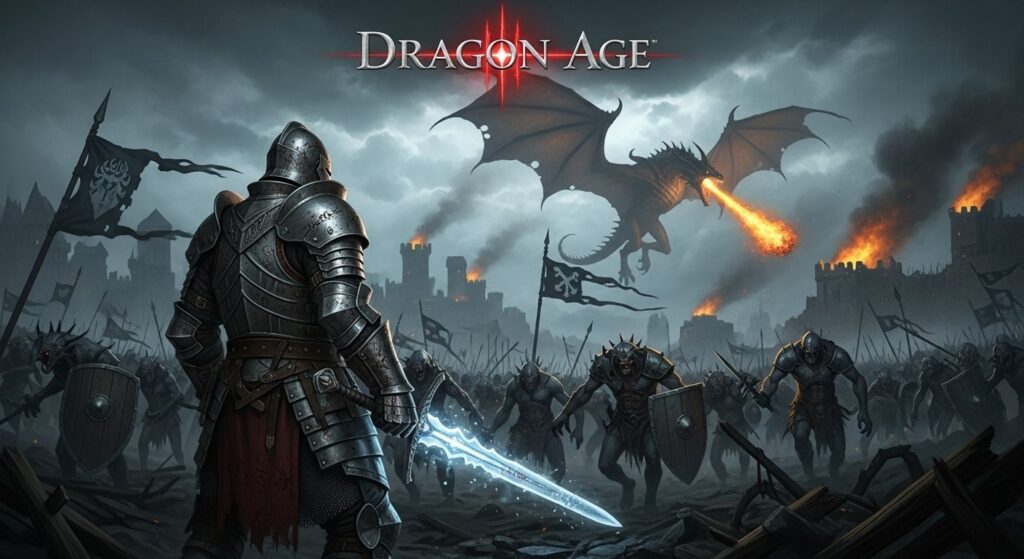
BioWare’s Dragon Age: Origins introduced groundbreaking companion relationship mechanics that extend far beyond simple approval ratings. The system tracks specific types of moral violations that can trigger dramatic confrontations, making companion cruelty feel genuinely consequential rather than superficial.
The game’s most powerful moments emerge when you push companions past their absolute moral boundaries. Defiling the Sacred Ashes doesn’t just upset Alistair it transforms him into an enemy who will literally attempt to kill you. Similarly, Wynne becomes hostile if you embrace blood magic too openly, forcing deadly confrontations with former allies after dozens of hours together.
The psychological manipulation possibilities are extensive. Leliana can be systematically hardened through emotional abuse, transforming from an idealistic believer into a ruthless killer. Zevran’s assassination background creates opportunities for exploitation accepting his contracts while planning ultimate betrayal. These aren’t simple dialogue choices but extended character destruction projects spanning entire playthroughs.
What makes Dragon Age exceptional is how companion cruelty generates lasting narrative consequences. Characters don’t simply disapprove and continue following you; they leave permanently, attack you directly, or undergo fundamental personality changes based on your systematic emotional abuse. This creates genuine stakes for evil behavior that many modern RPGs still struggle to match.
The game’s romance system adds another layer of potential cruelty, allowing you to manipulate companions’ emotions and desires before ultimately betraying their trust in devastating ways that affect the story’s conclusion.

The Mass Effect trilogy’s Renegade system presents companion cruelty through the lens of military pragmatism and utilitarian ethics. While Shepard isn’t traditionally “evil,” the systematic disregard for companions’ wellbeing and emotional needs creates some of gaming’s most memorable moments of calculated cruelty.
Renegade playthroughs reveal the full scope of Shepard’s potential callousness. You can treat Jack as merely a weapon while dismissing her traumatic past, manipulate Miranda’s family crisis for strategic advantage, or coldly sacrifice companions when their deaths serve your larger objectives. The infamous genophage cure scenario allows you to literally shoot Mordin in the back to prevent his humanitarian mission.
The Renegade interrupt system adds visceral immediacy to your cruelty. During Garrus’s critical sniper shot, you can deliberately sabotage his moment of redemption through a single button press. These aren’t passive dialogue selections but active decisions to inflict psychological damage on characters who trust you completely.
Mass Effect 3 represents the culmination of accumulated cruelty, where years of callous treatment can lock you out of peaceful resolutions and force former allies to their deaths. The game remembers every dismissive comment, every manipulative choice, creating a web of consequences that ultimately determines who lives and dies based on your relationship history.
The brilliance of Mass Effect’s approach lies in framing cruelty as efficiency rather than sadism. You’re not being evil for entertainment; you’re making difficult decisions because you believe harsh methods produce better outcomes. This moral ambiguity makes companion betrayals feel more personal and psychologically complex than simple villainy.

Star Wars: Knights of the Old Republic pioneered many techniques for systematic companion corruption that later games would refine. The Dark Side path focuses on gradual moral erosion, slowly transforming idealistic companions into twisted reflections of their former selves through patient manipulation.
Bastila’s corruption represents the game’s masterpiece of companion manipulation. Beginning as a paragon of Jedi virtue, you can systematically exploit her emotions, twist her beliefs, and ultimately transform her into a Dark Side enforcer. The process requires dozens of hours of consistent manipulation, making her eventual fall feel earned rather than sudden.
The Mission and Zaalbar storyline remains one of gaming’s most brutal companion betrayals. Using the Wookiee life debt tradition, you can force Zaalbar to kill Mission against his will a moment that demonstrates how understanding companions’ cultural backgrounds creates opportunities for devastating manipulation.
KOTOR’s influence system was revolutionary, allowing you to physically transform Light Side companions through consistent Dark Side influence. Characters’ appearance would gradually change to reflect their moral corruption, providing visual feedback for your systematic psychological destruction of their original personalities.
The sequel expanded these concepts with Kreia’s philosophy of betrayal being central to the narrative structure. The enhanced influence system allowed even more precise companion manipulation, letting you reshape their entire worldviews through careful application of rewards and punishments.
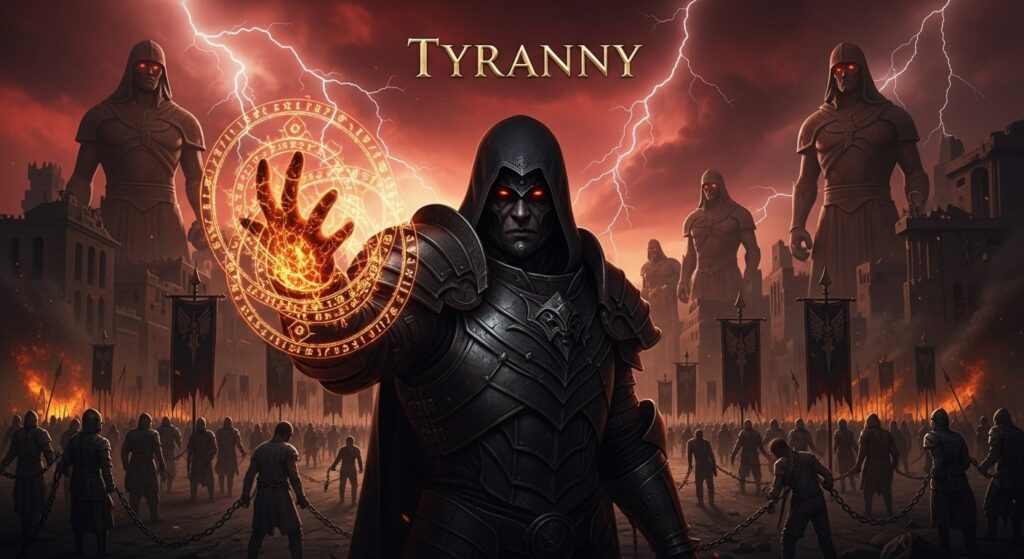
Obsidian’s Tyranny deserves recognition for constructing an entire RPG around the assumption of player cruelty. Rather than treating evil behavior as an alternative path, Tyranny assumes you’re already working for a totalitarian regime where companion intimidation is standard operating procedure.
The Fear and Loyalty system creates fascinating relationship dynamics where companions can simultaneously respect and terror you. Verse might despise you personally while fighting harder due to fear based motivation. This dual axis system captures the complexity of authoritarian relationships better than traditional approval mechanics.
Tyranny’s genius lies in not judging your cruelty the game world expects it. Companions often respond better to displays of dominance than attempts at friendship. Kills in Shadow, for example, respects strength and brutality more than kindness, creating a system where traditional RPG relationship building actually works against you.
The game explores how cruelty can be systematically applied as a management tool rather than simple sadism. Your companions understand they’re working within a brutal system where showing weakness invites elimination. This creates unique relationship dynamics unavailable in traditional good versus evil RPG frameworks.

The Fallout series, particularly New Vegas and Fallout 4, offers companion cruelty within a morally ambiguous post apocalyptic framework where traditional ethical boundaries have largely dissolved. This setting makes extreme actions feel more natural and justified within the game world’s logic.
New Vegas provides some of the series’ most memorable companion betrayals. Selling Arcade into slavery to Caesar’s Legion transforms an idealistic doctor into a personal physician for a dictator. Manipulating Boone into massacring his own people exploits his military background and personal trauma. The Cannibal perk even allows you to literally consume companions, adding dark humor to your cruelty.
Fallout 4’s romance system creates new opportunities for emotional manipulation through simultaneous relationships that generate jealousy and conflict. You can also make story choices that fundamentally betray companions’ core beliefs while maintaining romantic relationships, creating psychological tension between personal affection and ideological opposition.
The post apocalyptic setting provides moral cover for extreme actions. When civilization has collapsed and survival is paramount, companion cruelty becomes pragmatic rather than purely malicious. This moral ambiguity makes cruel choices feel more justified and psychologically complex than fantasy settings typically allow.
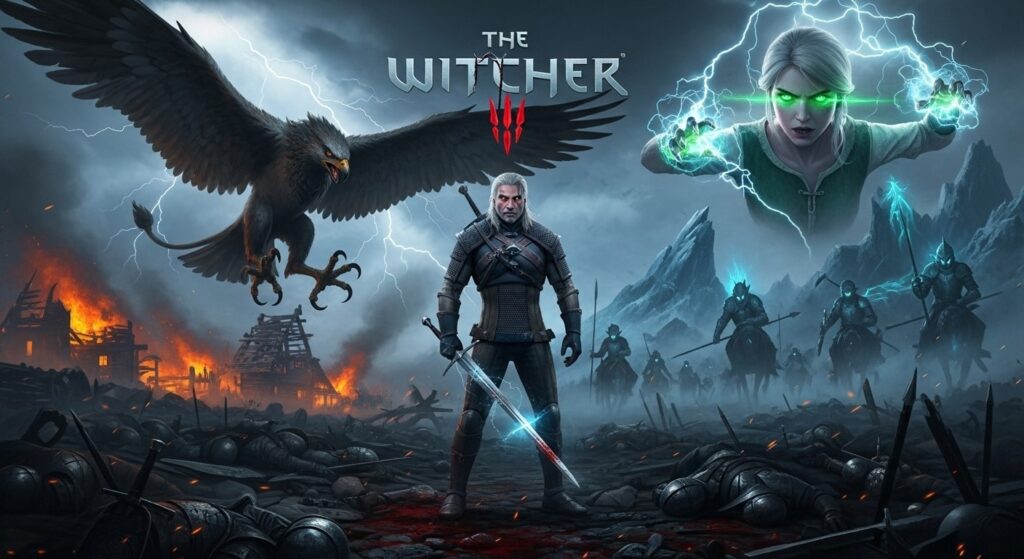
While Geralt of Rivia isn’t traditionally evil, The Witcher 3 offers sophisticated options for emotional cruelty through dialogue choices and relationship manipulation. The game focuses on psychological damage rather than physical violence, creating subtler but often more devastating forms of companion mistreatment.
The romance system provides extensive opportunities for emotional manipulation. You can simultaneously pursue relationships with Triss and Yennefer before ultimately rejecting both, causing genuine psychological damage. Alternatively, you can string along one while being cruel to the other, creating complex emotional triangles that maximize suffering.
Geralt’s relationship with Ciri offers opportunities for emotional neglect and dismissiveness that directly impact the game’s ending. Through consistent coldness and lack of support, you can push her toward the worst possible conclusion where she dies believing herself unloved and worthless.
The Witcher 3’s approach is unique because consequences often manifest in endings rather than immediate companion departures. Your cruelty doesn’t usually result in party abandonment but instead determines whether characters live or die based on their psychological state during critical moments.
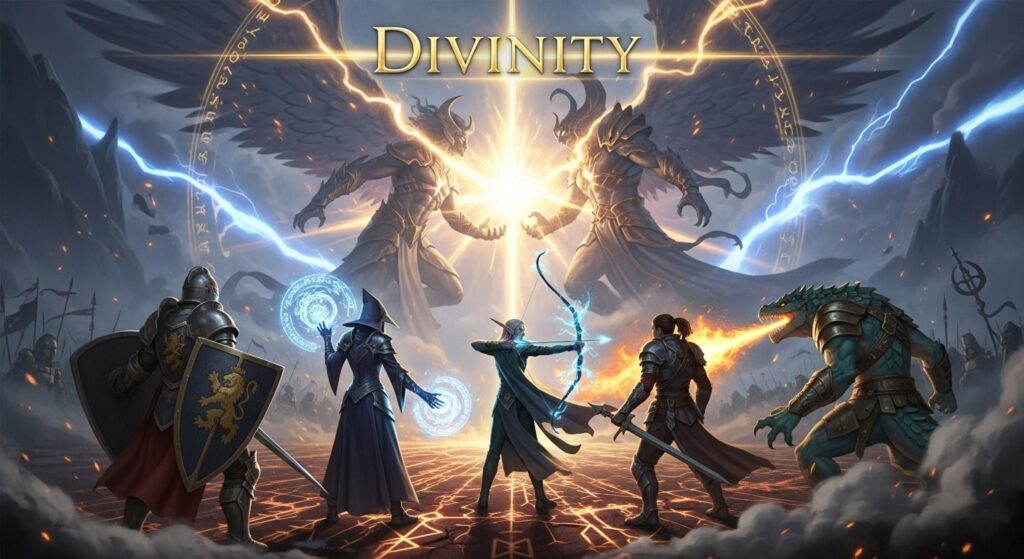
Larian’s Divinity: Original Sin 2 introduces the most mechanically advantageous form of companion cruelty through Source Vampirism abilities that allow you to permanently drain companions for power. This creates genuine gameplay incentives for systematic party elimination beyond simple narrative choice.
The Source Vampirism mechanic transforms companion murder into a strategic decision. Draining party members provides immediate power increases while eliminating potential rivals for Divine ascension. The game presents this as a legitimate tactical option rather than pure evil behavior.
The origin character system provides built in opportunities for cruelty that feel natural to each character’s story. Playing as Sebille allows you to murder quest relevant NPCs in front of other companions. As Fane, you can dismiss other races as inferior beings deserving of contempt.
The Divine ascension conflict creates natural party fragmentation where former allies must ultimately compete for godhood. Your manipulation throughout the game determines how these confrontations unfold and whether companions retain any loyalty during the final betrayals.
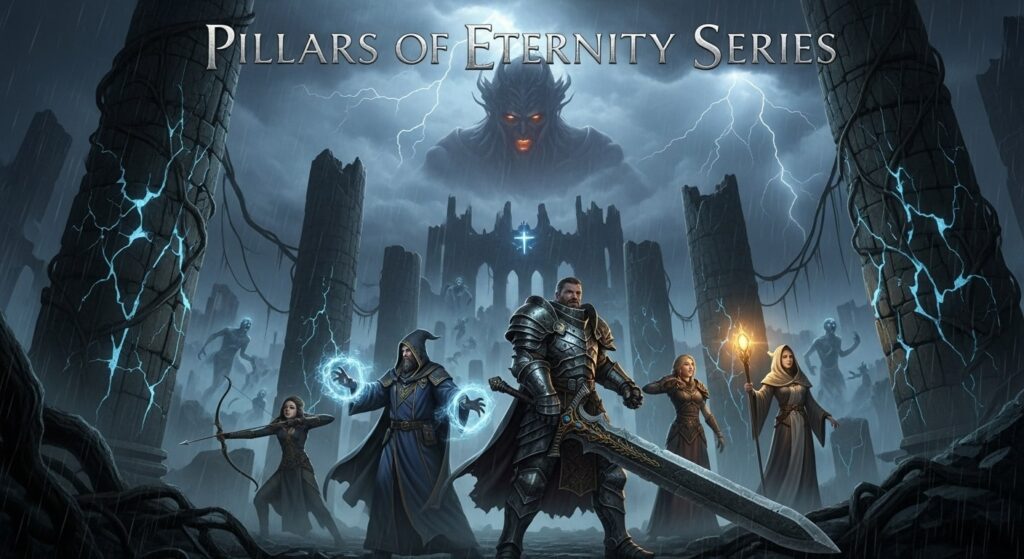
The Pillars of Eternity games feature sophisticated disposition systems that track not just your actions but your consistent behavioral patterns. Being cruel, aggressive, or deceptive builds reputation over time, fundamentally changing how companions perceive and interact with you.
Some companions actually prefer cruel behavior, like Durance who approves of ruthless pragmatism, while others like Aloth will eventually abandon you if consistent cruelty becomes unbearable. This creates complex party dynamics where maintaining relationships requires understanding each companion’s moral boundaries.
Pillars of Eternity 2: Deadfire expanded the system to include relationships between companions themselves. You can deliberately fuel conflicts between party members like Maia and Pallegina, using their ideological differences to create division and mistrust within your group.
The disposition system treats cruelty as a character trait rather than isolated evil choices. You develop a reputation for enjoying others’ suffering, and the world responds accordingly through fear, respect, or abandonment based on each character’s personality and values.
Through extensive experience with companion manipulation across multiple RPGs, I’ve developed several key strategies for maximizing the effectiveness and enjoyment of evil playthroughs:
Master the Underlying Systems: Each game handles companion cruelty through different mechanical frameworks. Some use approval ratings, others employ fear/loyalty metrics, and some track specific action categories. Understanding these systems allows you to optimize your cruelty for maximum narrative and mechanical impact.
Strategic Cruelty Distribution: Being universally cruel often leaves you without essential allies during critical moments. I typically maintain positive relationships with one or two evil aligned companions while systematically tormenting others. This ensures party functionality while maximizing opportunities for betrayal and manipulation.
Save Before Major Betrayals: Significant companion betrayals can lock you out of content or create insurmountable gameplay challenges. Creating separate saves before major evil decisions allows you to experience consequences without completely derailing your progression if the results prove too mechanically disadvantageous.
Maintain Character Consistency: The most satisfying evil playthroughs emerge from consistent character development rather than random cruelty. Develop a clear philosophy are you a calculating manipulator, a power hungry tyrant, or an agent of chaos? Consistent application of these traits creates more compelling narrative experiences.
Pursue Exclusive Content: Many games hide unique scenes, companions, or endings behind evil choices. Baldur’s Gate 3’s Minthara, KOTOR’s Dark Side powers, and Tyranny’s anarchist path are all locked behind cruel decisions. These exclusive rewards make evil playthroughs feel mechanically distinct rather than simply alternative.
Embrace the Role: Remember that these are virtual characters in games specifically designed to explore different moral choices. Developers create evil options because they want players to experience them. Don’t feel guilty about exploring these darker narrative paths embrace them fully for maximum impact.
The appeal of companion cruelty in RPGs reveals fascinating insights about player psychology and interactive storytelling. These systems allow players to explore power dynamics, test moral boundaries, and experience consequences within a safe, virtual environment where no actual harm occurs.
The most effective RPGs understand that evil playthroughs require more than simply “good playthrough but mean.” They need unique rewards, exclusive content, and meaningful consequences that make cruelty feel like a complete alternative experience rather than a lesser option.
Games like Baldur’s Gate 3 and Tyranny succeed because they treat evil playthroughs as equally valid narrative paths deserving their own content, companions, and story resolutions. This design philosophy creates genuinely different experiences rather than simply alternative dialogue options.
As RPG design continues evolving, we can expect increasingly sophisticated approaches to companion relationships and the potential for cruelty within them. Baldur’s Gate 3 has established new standards for companion interactivity and consequence depth that future games will need to match or exceed.
Upcoming titles are likely to incorporate more nuanced psychological modeling that goes beyond simple approval meters. Future systems might track manipulation tactics, gaslighting behaviors, and complex emotional abuse patterns that create more realistic relationship dynamics.
The trend toward more complex companion AI and dialogue systems suggests we might see characters who respond to subtle psychological manipulation in ways that feel genuinely human rather than mechanically programmed.
The finest RPGs recognize that compelling evil isn’t simply about making different choices it’s about experiencing entirely different stories that explore the darker aspects of human nature through interactive medium. Whether corrupting Bastila in KOTOR, betraying Alistair in Dragon Age, or manipulating your entire party in Baldur’s Gate 3, these experiences offer unique narrative possibilities unavailable through heroic playthroughs.
After decades of exploring these darker paths, I can confidently state that some of gaming’s most memorable and psychologically complex moments emerge from systematic companion cruelty. These aren’t merely games that permit mean behavior they’re carefully crafted experiences that use interactivity to examine power, trust, manipulation, and betrayal in ways that passive media cannot match.
The next time you begin one of these RPGs, consider exploring the antagonistic possibilities. Betray trust, exploit psychological weaknesses, and discover the unique stories that emerge when you prioritize power over friendship. These darker narratives often prove more compelling and memorable than their heroic counterparts.
Just remember your companions in future playthroughs won’t retain memories of your past betrayals. Probably.

